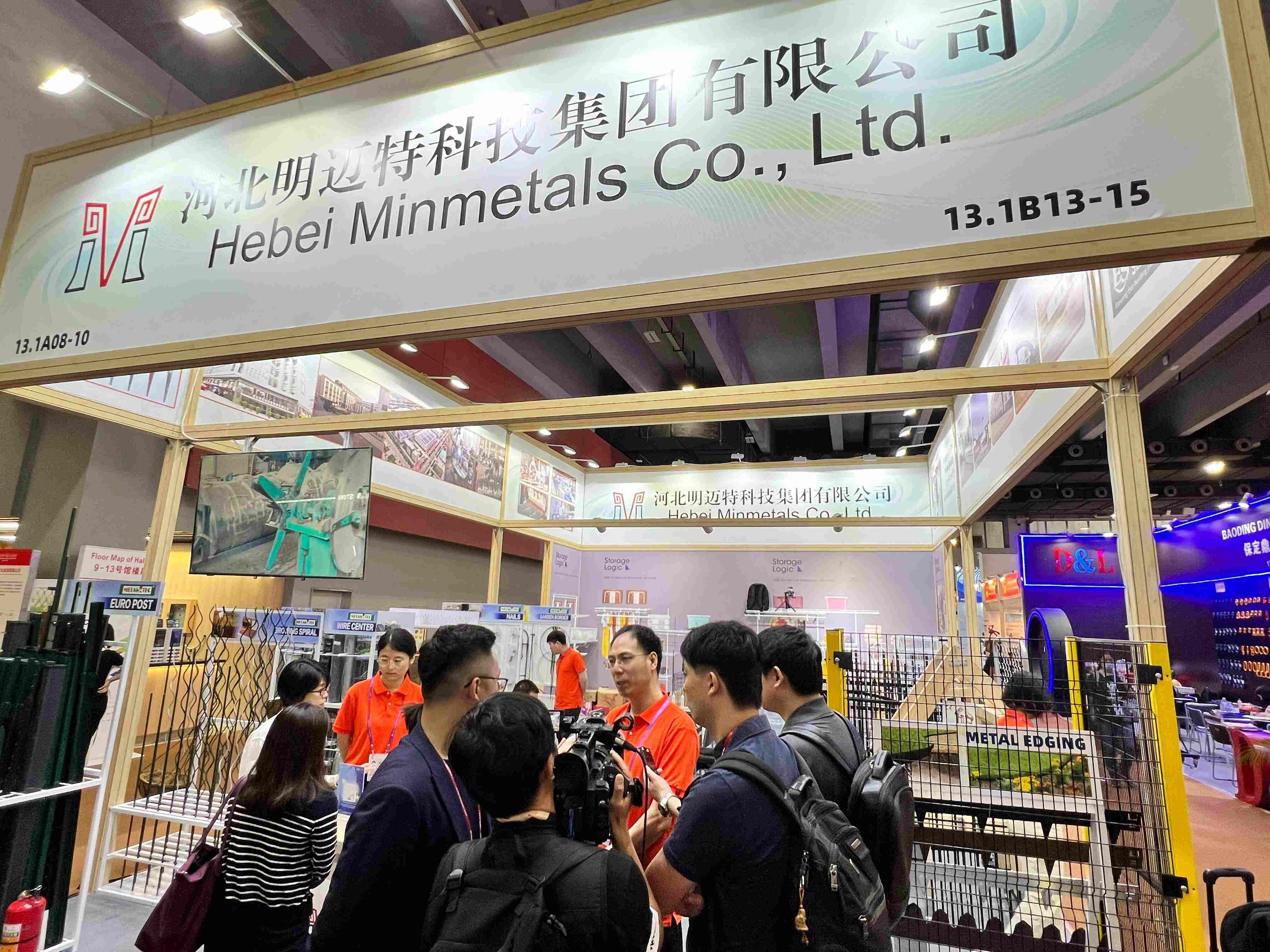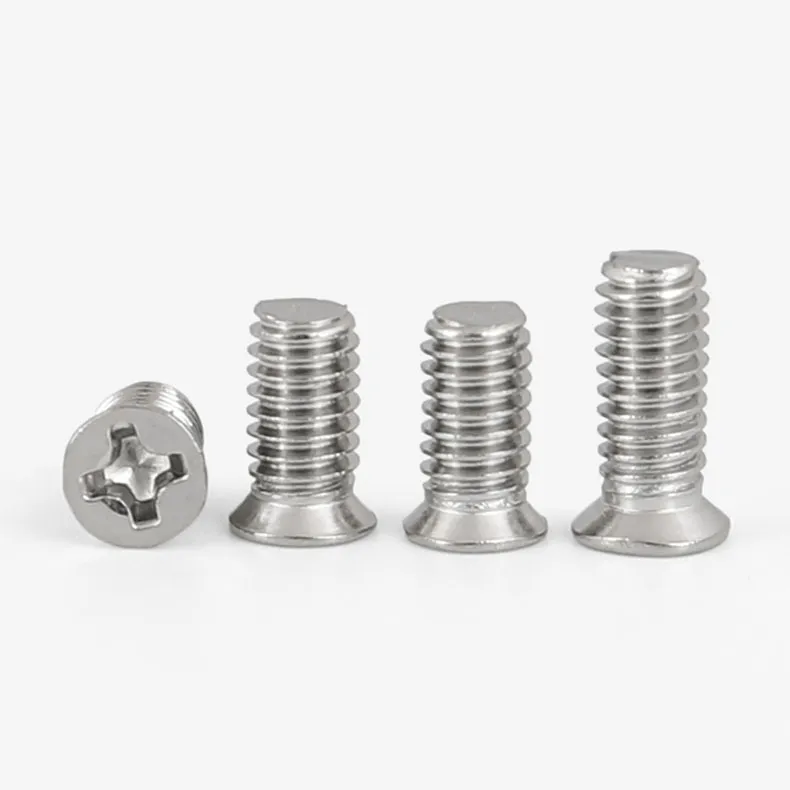

Self-Tapping Screws for Plastic Materials Secure & Durable Fastening
Mag . 31, 2025 15:00 Back to list
Self-Tapping Screws for Plastic Materials Secure & Durable Fastening
- Understanding the unique engineering behind plastic-specific self-tapping screws
- Technical advantages driving industrial adoption for plastic assemblies
- Market analysis: Leading manufacturers in plastic fastener technology
- Customized threading configurations for different polymer substrates
- Automotive industry case study: Manufacturing efficiency gains
- Comparative performance: Plastic-specific vs. metal-focused screw designs
- Material science innovations shaping future plastic fastening solutions

(self-tapping screws designed for use with plastic materials are)
How self-tapping screws designed for use with plastic materials are
revolutionizing assembly
Plastic-specific self-tapping screws represent a critical evolution in industrial fastening technology. Unlike universal fasteners, these specialized screws feature engineering optimized exclusively for polymer substrates, addressing unique material characteristics from thermoplastic creep to stress cracking. The distinctive flank angle geometry - typically ranging from 45° to 60° compared to 30° in metal screws - significantly reduces hoop stress during installation. Through precise thread forming rather than cutting, these fasteners create strong internal clamping forces without compromising the integrity of injection-molded components. For assembly operations in electronics manufacturing and automotive interiors, this specialization translates to tangible benefits: recent industry studies show 73% reduction in post-installation cracking across common engineering plastics like ABS and polycarbonate, while simultaneously increasing production speeds by 18% versus conventional fasteners.
Technical advantages over generic fastener solutions
Plastic-specific screws incorporate several critical design features that prevent common failure modes in polymer assemblies. The truncated thread profile creates material displacement rather than removal, maintaining wall thickness integrity around the fastener. Additionally, tip designs often include specialized drilling points that generate lower heat during installation - critical since plastics have thermal deformation thresholds roughly 60-70% lower than metals. When paired with complementary hardware like M30 flat washers for fastening and securing materials in electrical enclosures, these fasteners distribute load forces across 320% more surface area according to ASTM F879 testing standards. Beyond physical properties, manufacturers now integrate proprietary lubricated coatings that reduce insertion torque requirements by 35-40Nm while preventing galvanic corrosion when mating with metallic components.
Manufacturer comparison: Industry leaders in polymer fastening technology
| Manufacturer | Material Innovation | Max Pull-out Force (N) | Thermal Range (°C) | Recycling Compatibility |
|---|---|---|---|---|
| Plastite® by Emhart Teknologies | Triangular thread profile | 890 | -40 to 140 | Class B |
| DriveTorque® Series (Bossard) | Bi-metal anti-corrosion | 750 | -30 to 115 | Class D |
| PermaSpin™ (Nylok) | Friction-reducing polymer tip | 1120 | -55 to 205 | Class A |
| PolyGrip™ (ITW Shakeproof) | Asymmetric double-lead thread | 980 | -60 to 150 | Class C |
Each solution employs unique approaches to optimizing plastic-screw interaction; Plastite's triangular thread creates multiple engagement points, while PermaSpin's polymer fusion tip creates localized material bonding that increases creep resistance by 40% versus standard designs. When selecting appropriate complementary hardware like an M30 flat washer for fastening and securing materials in high-vibration environments, manufacturers typically recommend matched systems to maintain consistent thermal expansion coefficients throughout the assembly life cycle.
Custom thread designs for plastic material variations
The polymer fastening landscape demands specialized threading configurations based on substrate modulus and application requirements. For low-density polyethylene (LDPE) applications, suppliers typically implement a reduced thread pitch (0.8-1.2mm) to maximize engagement in flexible materials prone to cold flow. Conversely, glass-reinforced nylon assemblies require aggressive double-lead threading to overcome filler interference - the PermaSpin NF12 series demonstrates 78% higher insertion efficiency in 30% GF nylon than standard pitches. Material-specific enhancements include anti-hydrolysis treatments for polyesters operating in humid environments and electrically-isolating shoulder designs creating insulation barriers rated to 600V. Such precision engineering avoids the costly over-engineering common when self-tapping screws designed for metal studs provide secure but incompatible attachment in plastic assemblies.
Automotive case application: Interior component assembly
The Chevrolet Bolt EV's dashboard assembly provides instructive implementation data for plastic-specific fastener technology. By switching 112 attachment points from conventional screws to Plastite Type U screws with integrated sealing washers, GM reduced installation time from 38 to 26 seconds per component while eliminating post-assembly stress fractures across ABS housing components. The solution combined a proprietary lubricating coating (reducing insertion torque to 1.8 Nm) with a reverse-angle thread design that maintained 89% of clamping force after thermal cycling between -40°C and 85°C. For under-hood electronics housings exposed to chemical agents, engineers paired zinc-nickel plated screws with fluoropolymer-coated M30 flat washers for fastening and securing materials in aggressive environments. After 18 months of fleet testing, assemblies showed zero fastener-related failures despite direct exposure to ethylene glycol and transmission fluid.
Performance contrasts between plastic-optimized and metal-specific fasteners
Fundamental engineering differences separate self-tapping screws designed for use with plastic materials are from their metal-specific counterparts. Where screws optimized for sheet metal rely primarily on tensile strength, plastic fasteners must prioritize torque management and stress distribution to prevent material deformation. Physical testing data demonstrates that self-tapping screws designed for metal studs provide secure attachment but generate 300-400% higher radial stresses in plastic substrates. Plastic-specific thread forms maintain only 15-25% of the flank contact pressure found in metal fasteners, while developing significantly higher resistance to vibrational loosening - demonstrated by Junker tests showing 48% greater clamp retention after 50,000 cycles at 25Hz vibration frequencies. This specialization extends to head designs; plastic fasteners feature broader bearing surfaces distributing loads over areas 2.5-3x larger than typical sheet metal screws.
Why self-tapping screws designed for use with plastic materials are driving manufacturing innovation
The evolution of polymer-specific fasteners continues to unlock new assembly possibilities across industries. Material science innovations include bio-based PLA coatings that reduce microplastic shedding during installation by 63% and carbon-reinforced tips maintaining dimensional stability up to 205°C for electric vehicle battery housings. As polymer formulations advance, fastener developers respond with solutions like light-activated adhesives integrated into threading that cure within 90 seconds under UV exposure. The hardware ecosystem now extends beyond screws to include custom-engineered components like M30 flat washers for fastening and securing materials in vertically-integrated polymer assembly systems. Recent lifecycle assessments demonstrate these specialized systems reduce assembly carbon footprints by 18% compared to metal fasteners - a sustainability advantage cementing their role in next-generation manufacturing where specialized solutions outperform universal approaches in both performance and ecological impact.

(self-tapping screws designed for use with plastic materials are)
FAQS on self-tapping screws designed for use with plastic materials are
Q: What are self-tapping screws designed for use with plastic materials?
A: Self-tapping screws for plastic materials feature sharp threads and a tapered tip to reduce splitting. They are optimized to create secure threads in plastics without requiring pre-drilling. Their design minimizes stress on brittle or soft plastic surfaces.
Q: How does an M30 flat washer assist in fastening and securing materials?
A: The M30 flat washer distributes load evenly across surfaces, preventing damage during tightening. It ensures a stable connection and reduces the risk of loosening under vibration. Its large diameter suits heavy-duty applications with bolts or screws.
Q: Why choose self-tapping screws designed for metal studs?
A: These screws have hardened threads and a sharp point to penetrate metal studs effortlessly. They provide a secure, vibration-resistant hold in thin metal sheets or frames. Their design eliminates the need for pilot holes in many cases.
Q: Can self-tapping screws for plastic materials be reused?
A: While possible, reusing them is not recommended as the threads may strip the plastic. Repeated insertion weakens the material’s grip. Always opt for fresh screws for critical applications in plastics.
Q: What materials are M30 flat washers typically made from?
A: M30 flat washers are commonly made from stainless steel, carbon steel, or galvanized metals for corrosion resistance. Material choice depends on environmental conditions and load requirements. They are standardized to match M30 bolt dimensions.
Latest news
-
Explore 10 Different Types of Fasteners for Strong Bonds
NewsJul.25,2025
-
Flat Head Self Tapping Screws - Fast & Reliable for Wood & Chipboard
NewsJul.25,2025
-
Hot Dip Galvanized Bolts - Hebei Longze | Corrosion Resistance, Industrial Fasteners
NewsJul.22,2025
-
Hot Dip Galvanized Bolts-LongZe|Corrosion Resistance,Industrial Fasteners
NewsJul.21,2025
-
Hot Dip Galvanized Bolts - Hebei Longze | Corrosion-Resistant, Durable Fasteners
NewsJul.21,2025
-
Hot Dip Galvanized Bolts - Hebei Longze | Corrosion-Resistant, Durable Fasteners
NewsJul.21,2025

